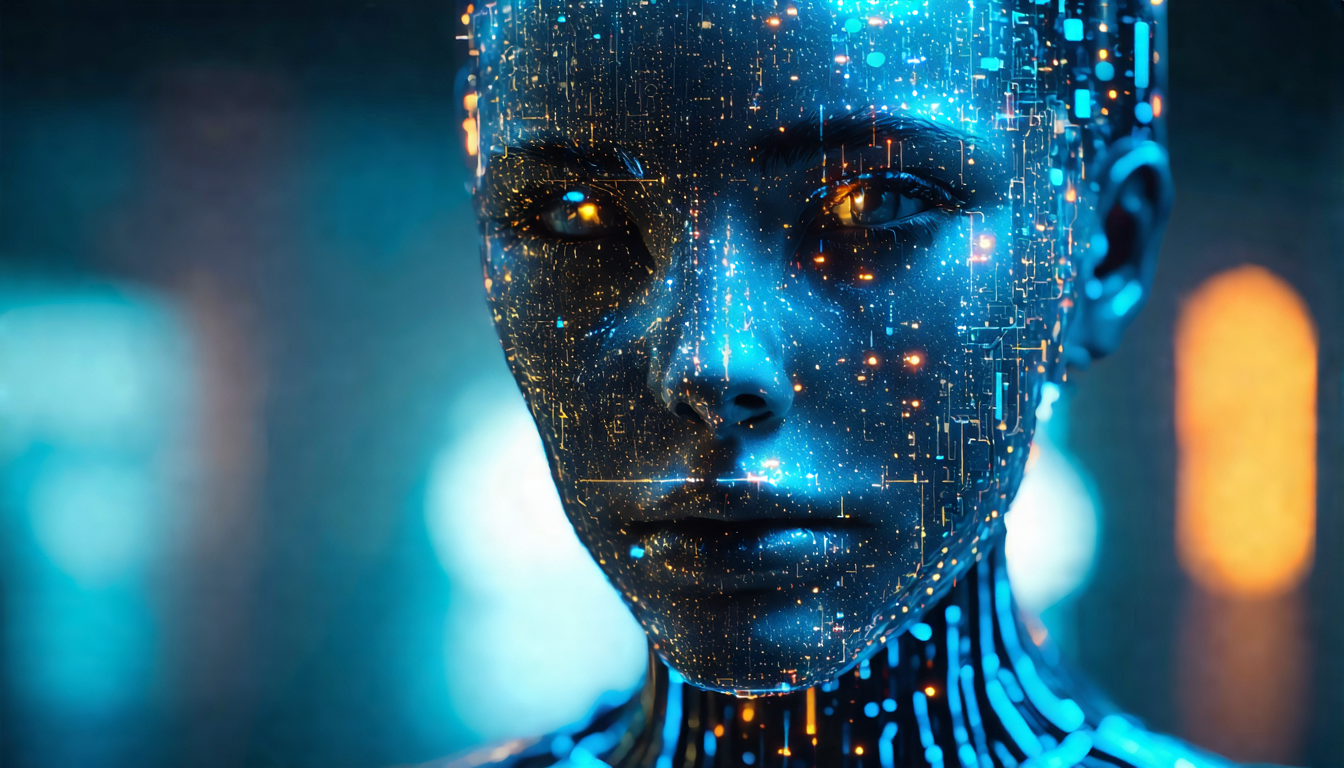
With the rapid advancement of technology, the use of artificial intelligence (AI) has become increasingly prevalent in our daily lives. From self-driving cars to virtual personal assistants, AI has great potential to improve efficiency and enhance our standard of living. However, as we rely more and more on AI, it is important to consider the ethical implications of its development and deployment.One ethical concern with AI is the potential for bias and discrimination in decision making. Since AI systems are trained using data, they can inherit the biases and prejudices present in that data. For example, a facial recognition system trained on a dataset that is predominantly male and white may struggle to accurately identify individuals with darker skin tones or different genders. This can result in discriminatory outcomes in areas such as hiring, lending, and law enforcement. It is essential for developers to be aware of these biases and actively work to mitigate them.Another ethical consideration is the impact of AI on the workforce. While AI has the potential to automate mundane tasks and increase productivity, it also has the potential to displace jobs and create economic inequality. As more jobs become automated, it is important for companies to invest in retraining and upskilling opportunities for their employees. Additionally, governments and policymakers should consider implementing policies that support and protect workers in the face of automation.In conclusion, the development and deployment of AI must be approached with careful consideration and ethical principles in mind. As


